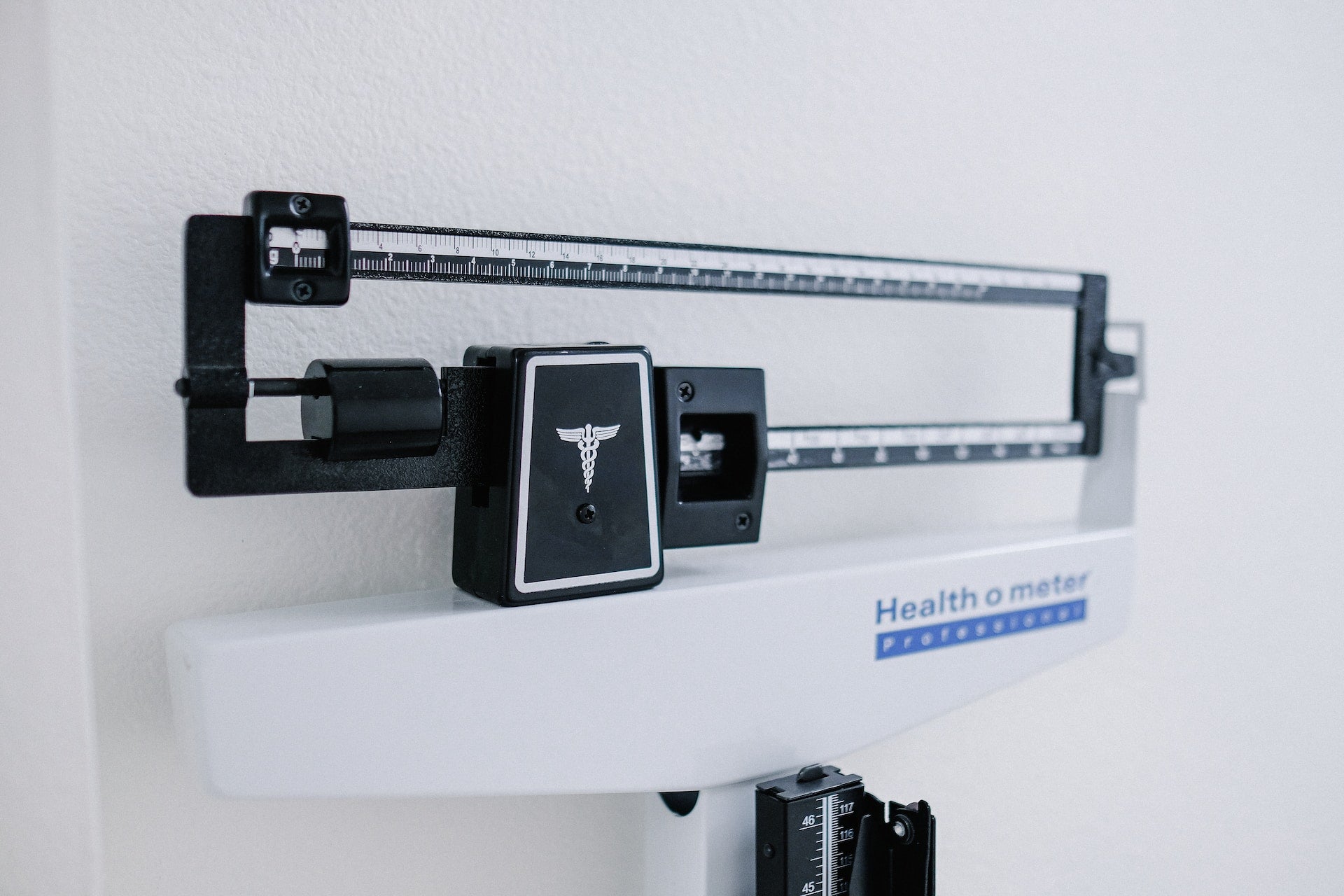The connection between sleep apnea and being overweight or obese has been long documented. Because of this, sleep apnea patients are often advised to take steps to lose excess weight in conjunction with CPAP therapy, such as increasing their physical activity or improving their diet.
But according to some, using a CPAP machine could actually result in weight gain. As counterintuitive as it sounds, this is a claim that is worth investigating.
Do CPAP Machines Cause Weight Gain?

As a recent report from Sleepopolis explains, there is some anecdotal evidence and even a few studies that indicate using a CPAP machine is more likely to cause weight gain than weight loss. However, there is also some pushback on these claims, particularly in relation to the methodology of some of the studies.
So what are the potential reasons why using a CPAP machine could lead to weight gain? It actually comes down to better sleep. Some believe that using a CPAP machine to control sleep apnea can lower your basal metabolic rate (BMR), meaning that you will burn fewer calories than you did before.
In fact, one person in the article who says she gained 15 pounds after using a CPAP machine believes that her weight gain was caused because she had fewer periodic limb movements at night — so she was burning fewer calories during sleep.
While some are quick to pinpoint CPAP machines as a culprit behind weight gain, the truth of the matter isn’t so simple. For one thing, it’s hard to blame a single factor like this for excess weight gain, as several other issues may also be in play. Then there are the undeniable ways that using a CPAP machine can help counteract weight gain.
The Argument Against CPAP Machines and Weight Gain

The main argument against CPAP machines being a contributor to weight gain is their impact on sleep quality. There is overwhelming evidence that poor sleep increases the risk of unhealthy weight gain. Regardless of how “poor sleep” comes about — be it through overwork, sleep apnea, or something else entirely — many of the outcomes are the same.
As the Harvard School of Public Health reports, sleep deprivation often results in increased hunger, while at the same time making people more likely to choose unhealthy diets (such as increased snacking or overconsumption of sugary foods). When you’re tired, you’re a lot more likely to go for a candy bar to get a quick rush of energy than choose a healthy snack.
Poor sleep also results in individuals feeling tired during the day, which often leads to them not being physically active. Some studies have also connected sleep deprivation with a lower body temperature, which reduces the body’s energy expenditure. In other words, not only are sleep deprived people more likely to consume more calories, but they are less likely to burn them all off.
Quite often, people slip into these unhealthy habits without realizing that their poor sleep is to blame. By using a CPAP machine, you gain the energy you need to make healthy decisions, such as exercising regularly and making better food choices.
Tips For Maintaining a Healthy Weight

Regardless of the exact effect that your CPAP machine might have on your weight, the fact remains that individuals who are overweight or obese are at greater risk of severe obstructive sleep apnea.
Because of this, you should take active measures to improve your overall health. Diet is especially important for individuals who have also been diagnosed with conditions such as high cholesterol, high blood pressure, or diabetes. A diet rich in plant-based foods and whole foods — and that avoids processed foods with lots of sugar and salt — can offer several key health benefits.
Establishing a consistent exercise regimen can also have a positive impact. A mix of both aerobic and anaerobic activities, such as alternating jogging or walking with weight training, can help you achieve a healthy weight and better overall health.
You can further improve sleep quality to make it easier to follow through with these healthy goals by establishing a set sleep schedule. Go to bed and wake up at the same time each day to “train” your body on proper sleep/wake times. Follow a consistent, relaxing routine before bed so that it will be easier to fall asleep quickly.
Finally, consult with your doctor to get insights specific to your unique situation. Your doctor can offer personalized diet recommendations or guidelines for how to ease back into exercising without risking injury. By combining these practices with the use of a CPAP machine, you can get the quality sleep you need while being better able to achieve a healthy weight.
Get the Right CPAP Equipment
While the jury is still out regarding how using a CPAP machine does (or doesn’t) affect your weight, one thing is certain: better sleep can significantly improve your quality of life. Good sleep can protect you from heart disease and other ailments, while also ensuring that you have the energy you need for each day.
Of course, getting a CPAP machine to help with your sleep apnea therapy can be costly — but with No Insurance Medical Supplies, those costs become much more manageable. Our CPAP machines are available at significant discounts off of MSRP thanks to our best price guarantee. Free shipping and financing are also available on many orders. Improved sleep and well-being are within reach, even if you don’t have health insurance!

